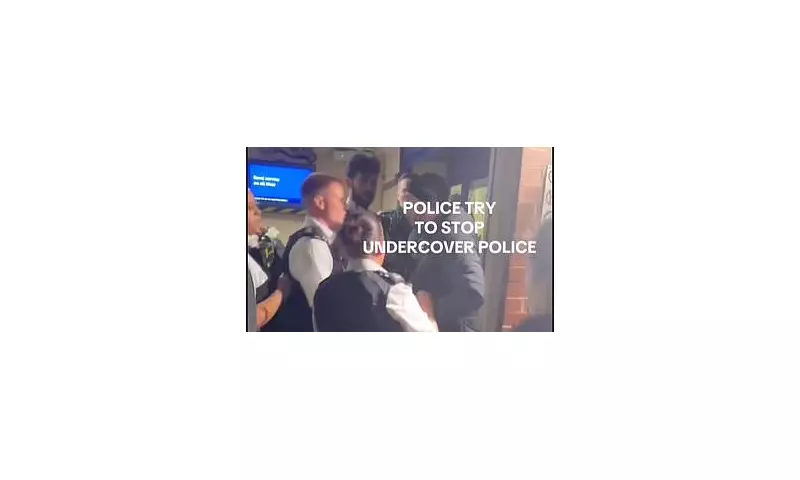
A disturbing encounter between a London resident and plain-clothes Metropolitan Police officers has ignited a fierce debate about police transparency and public rights after officers repeatedly refused to identify themselves during a street stop.
The Confrontation That Sparked Outrage
The incident, captured on video and rapidly circulating online, shows a man being stopped by what appeared to be ordinary civilians until they revealed they were police officers. When the individual rightly requested proper identification, the officers became defensive and evasive.
'How do I know you're police?' the man can be heard asking in the footage, to which one officer retorted: 'You don't need to know that.'
Accountability Questions Raised
Legal experts have been quick to highlight that while police officers in plain clothes aren't required to wear uniforms, they must provide identification when requested during stops. The Metropolitan Police's own guidelines state that officers should identify themselves and their station.
The video shows the situation escalating as the man persists in his reasonable requests for verification, while the officers grow increasingly confrontational about his questioning of their authority.
Public Reaction and Police Response
Social media platforms have exploded with commentary, with many expressing alarm about the implications for police-public relations and individual rights.
- Civil liberties groups have described the incident as 'deeply concerning'
- Legal advocates emphasise the importance of police accountability
- Public confidence in police procedures questioned
- Calls for clearer guidelines on plain-clothes operations
The Metropolitan Police has acknowledged the incident and stated they are reviewing the footage, but many are demanding more substantial action and clearer accountability measures.
Broader Implications for Police Practice
This incident raises crucial questions about how plain-clothes operations are conducted in the capital and whether current safeguards adequately protect public rights. With trust between communities and police already fragile in some areas, transparency in such encounters becomes even more critical.
As one legal observer noted: 'The ability to verify that someone claiming police powers actually is a police officer represents a fundamental check on authority. When that basic safeguard breaks down, everyone's rights are potentially at risk.'





